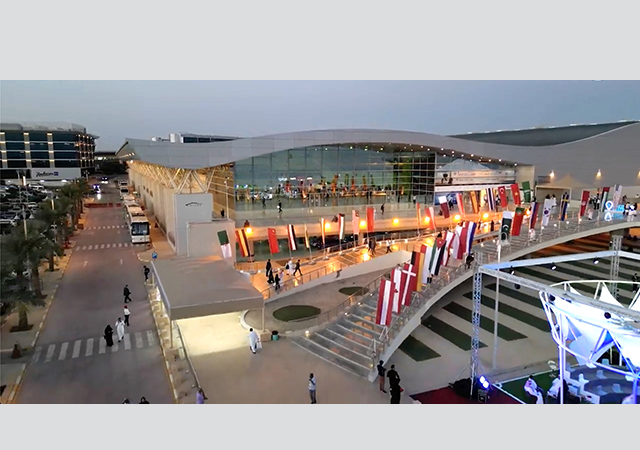
Site work has begun on Aluminium Bahrain's (Alba) Potline 5 expansion project that will boost production by 307,000 tonnes per year (tpy) to reach a total of more than 827,000 tpy.
By the time the project is completed in mid-2005, some 4,000 workers will have been engaged in the civil, mechanical and electrical segments of various contracts.
The total investment outlay for the project is $1.7 billion, of which the aluminium smelter itself will cost $1 billion, while $700 million has been allocated to meet construction costs for a 650MW power plant and owners' costs. Mott MacDonald is the engineering and construction manager (ECM) for the power station development while Bechtel has been awarded the engineering, procurement, construction and management (EPCM) contract.
The new capacity will make Alba the world's largest aluminium smelter facility outside Eastern Europe, said Alba chief executive Bruce Hall at a reception in Manama for local contractors.
"The overall amount to be spent on the smelter in the Bahrain market is $520 million of which $360 million will go for bulk materials, local contracts and services and $160 million for labour," Hall said. He told the contractors Alba would not tolerate violations on health, safety and environment aspects.
The fifth potline was originally set for 260,000 tpy, but the capacity was raised to 307,000 tpy without exceeding the original budget.
Potline 5 will now have 336 pots, 48 more than in Potline 4, and will be the longest potline in the world spanning more than 1 km in length. The technology will be an improved version of the AP30 technology utilised in Potline 4.
In addition to the 650MW power station, other aspects of the expansion are a carbon plant with a capacity to produce 190,000 anodes per year, casthouse facilities to produce ingots and billets, a road network, raw material handling facilities and fume treatment plants to control fluoride emissions.
Bechtel's senior project manager Daniel Siouffi gave the local contractors details of the opportunities available to them for the smelter project.
The earthworks, which commenced in February, will be completed in August. The concrete phase will last from May until October 2004 and potlining from April 2004 to January 2005. The first hot metal stage will begin in February 2005, while the entire project will be completed in June 2005.
The contract for earthworks, site preparation, and roads comprises three packages with the bids request dates having commenced last October to this month (March). Details for other contracts are: civil/concrete work, four packages (January to June); structural steel buildings, seven packages (February 2003 to January 2004); above-ground and underground services, one package (November); mechanical equipment installation, four packages (April 2004 to November 2004); refractory installation, one package (October) and electrical, instrumentation, and controls installation, four packages (September to November).
Bids dates for other contracts were given as: miscellaneous buildings, two packages (June to January 2004) and logistics, transportation and warehousing, three packages (March to April). Bid dates past their time are general services, one package (January), temporary water and sewage, one package (February) and non-destructive testing, one package (January).
The bids request dates on the supply side are: office/safety/computer equipment supply, services (August 2002 to June 2005); anode stem assemblies (July); pot hoods (October); metal/batch crucibles (September); anode pallets (November); heating panels for potlining (March); mobile equipment (May to December) and fume and crossover duct (April). Bids that have already passed their request dates are potshells (December 2002); superstructures (December 2002) cathode steel bars (November 2002) and anode yoke assemblies (February).
The smelter project will need finish grading of 275,000 sq m, asphalt paving 180,000 sq m, mass excavation 660,000cu m, mass fill-aggregate 85,000 cu m, earthwork 390,000 cu m, concrete 130,000 cu m, structural steel 23,900 tonnes, crane rail 750 tonnes, miscellaneous steel 27,000 tonnes, roofing and siding 244,000 sq m, potlining 31,000 tonnes and furnace refractory 17,300 tonnes.
The first half of this year will see workers engaged entirely in civil work. Mechanical work commences in the third quarter of this year. The local contractors will have some 3,400 workers at the peak of the project (second quarter of 2004) with most of them, about 1,800, engaged in mechanical work while roughly 1,200 will be in civil work and the remainder in electrical. Electrical work will pick up in third quarter of 2004 with some 600 working in that segment.
The Potline 5 project will create jobs for up to 4,000 people. Alba is paying for a $3 million "Training for Bahrain" initiative to create job opportunities for up to 2,000 Bahrainis who could qualify for various duties in the kingdom's construction industry beyond the Potline 5 project. The initiative will be undertaken in association with the Ministry of Labour and Social Affairs. Some of those trained will be absorbed to operate Potline 5.
Potline 5 is expected to bring an investment surge to Bahrain's downstream sector, which already utilises more than half of Alba's metal. It will also add to the company's contribution to the national income from the current level of $200 million per year to more than $300 million.
Alba was commissioned in May 1971 as a 120,000 tpy smelter and went through expansions in 1981, 1990, 1992 and 1997. Shareholders are the Government of Bahrain (77 per cent), the Saudi Public Investment Fund (20 per cent) and Breton Investments (3 per cent).


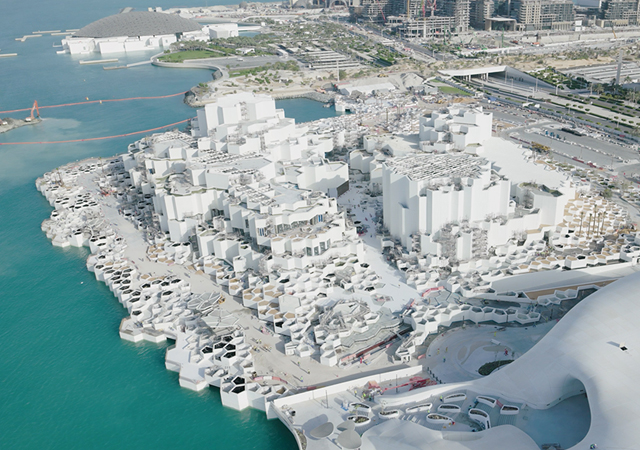
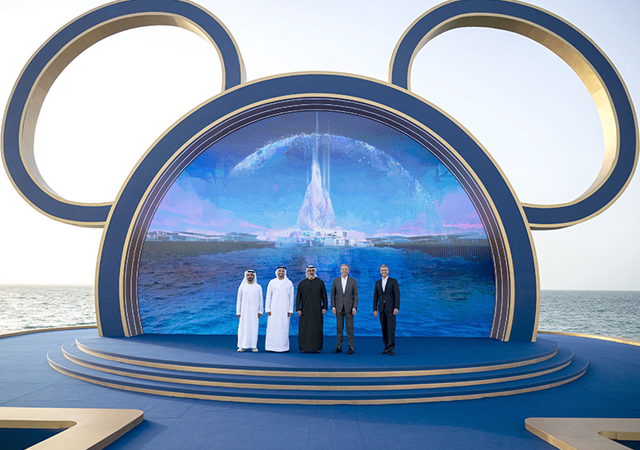
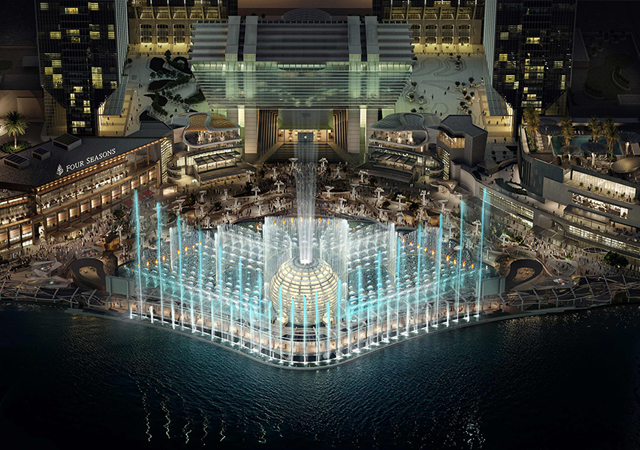
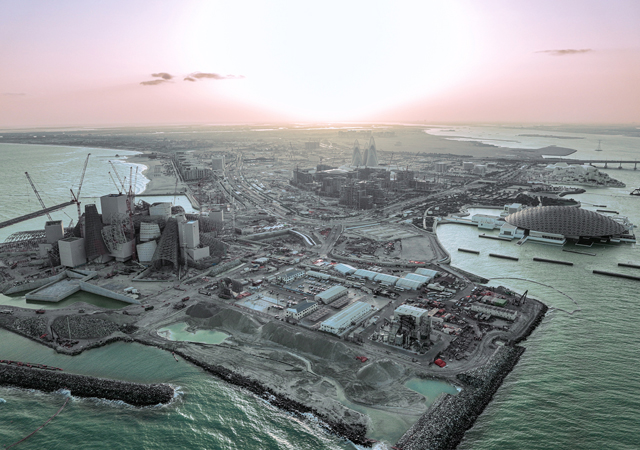
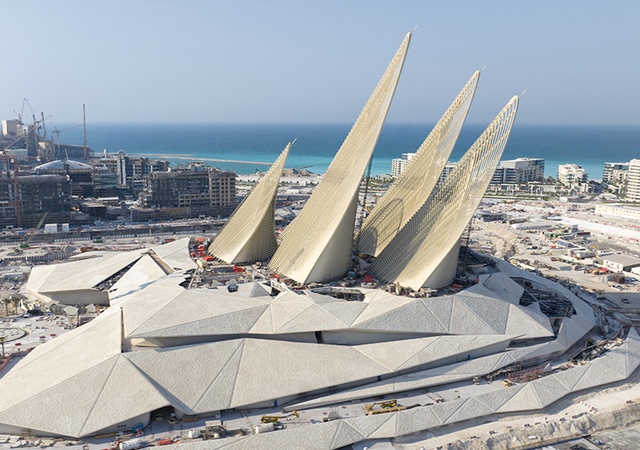
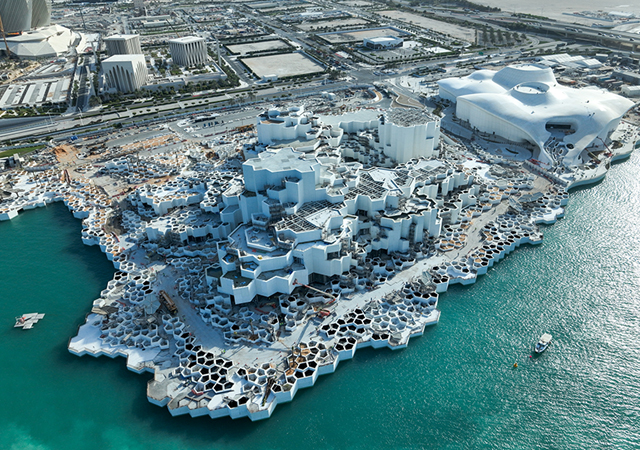
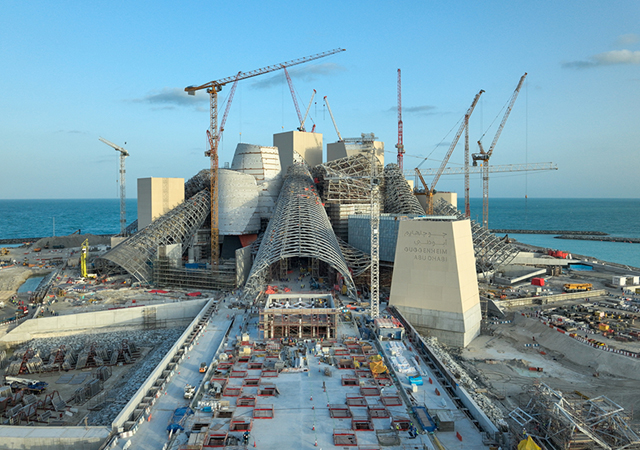
.jpg)
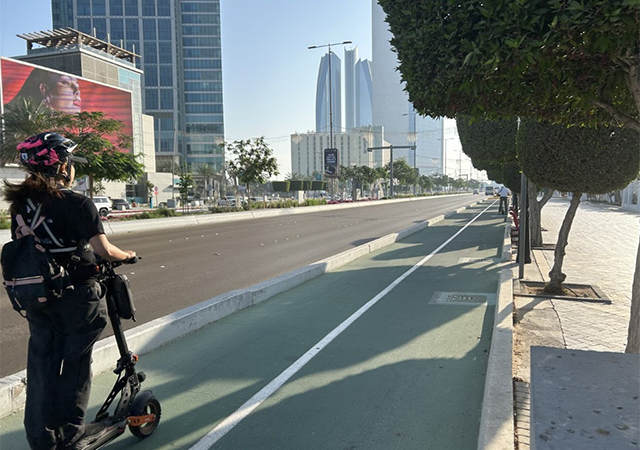
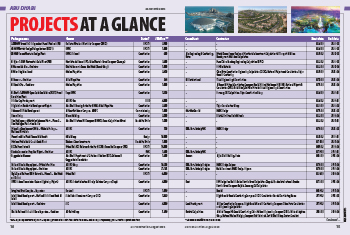


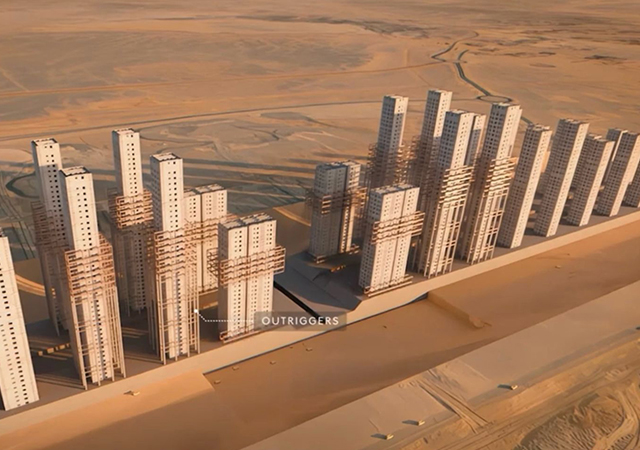
.jpg)
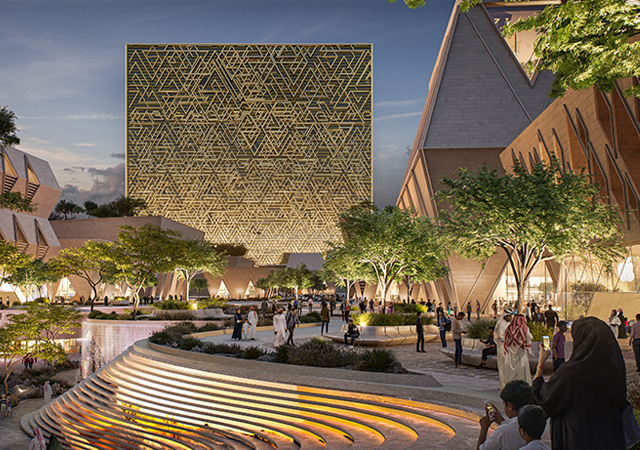
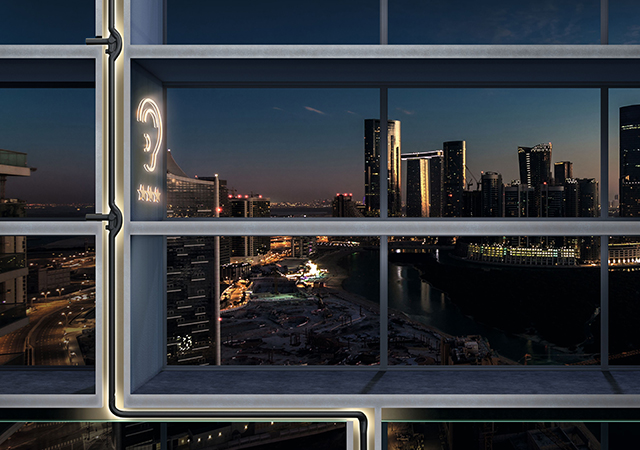
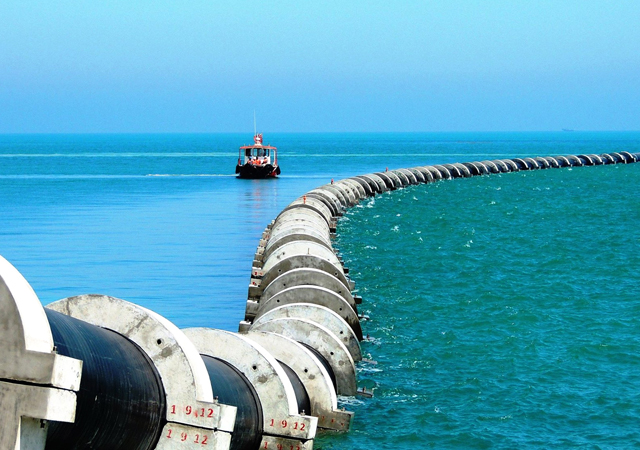
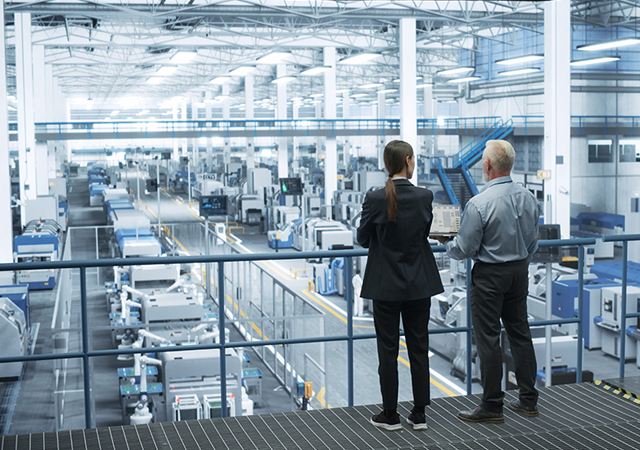


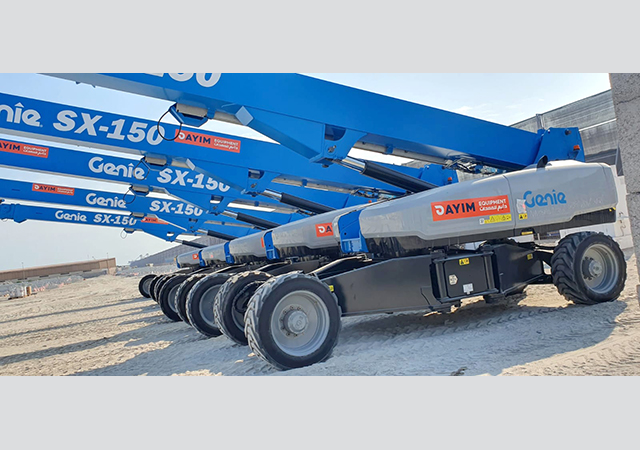
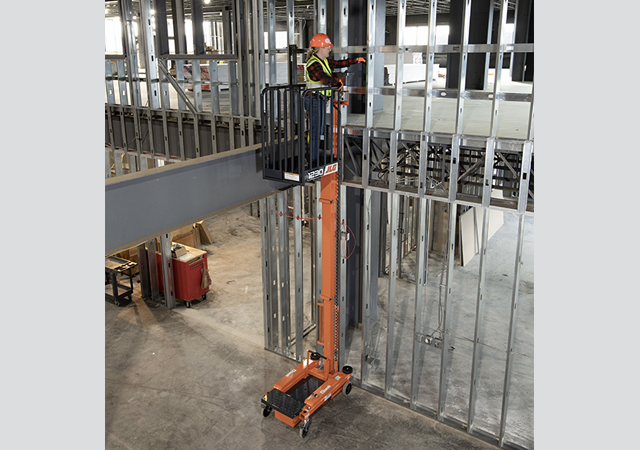
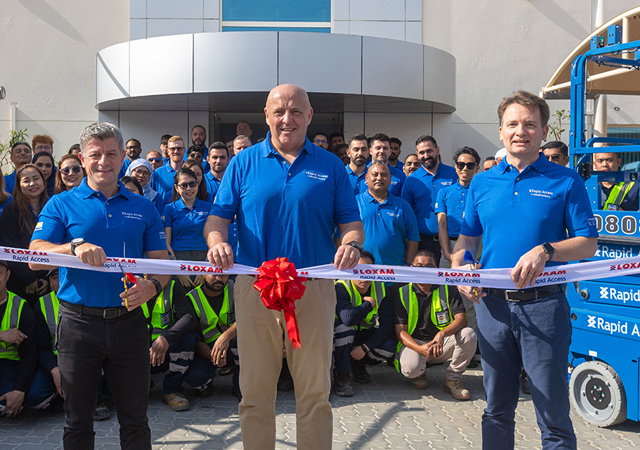
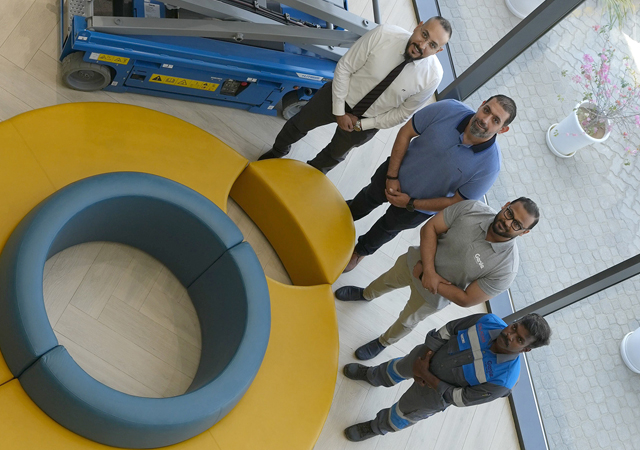
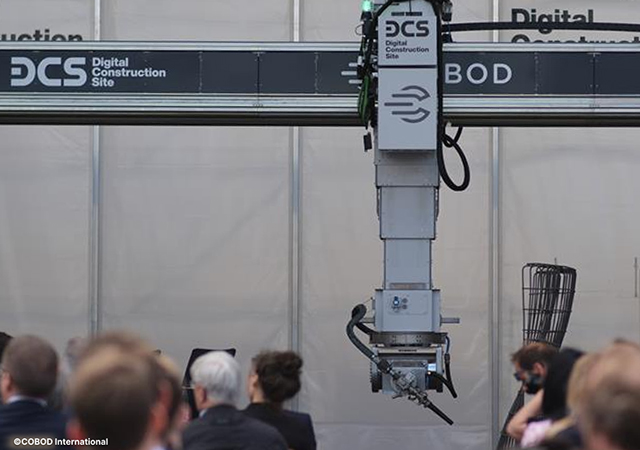
Doka (2).jpg)
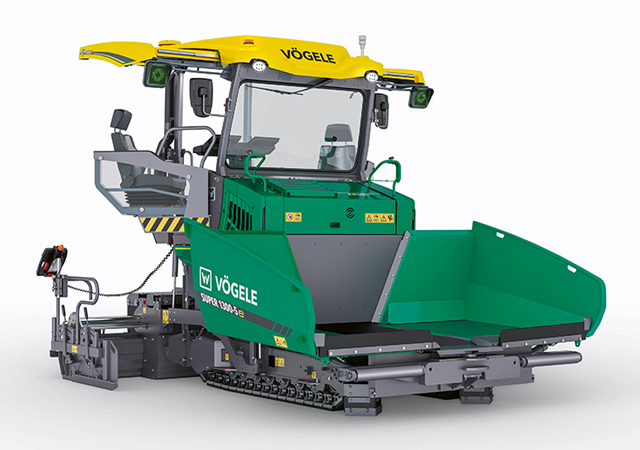


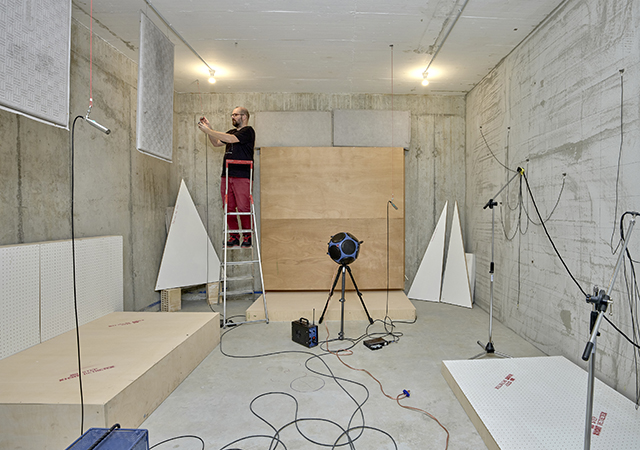
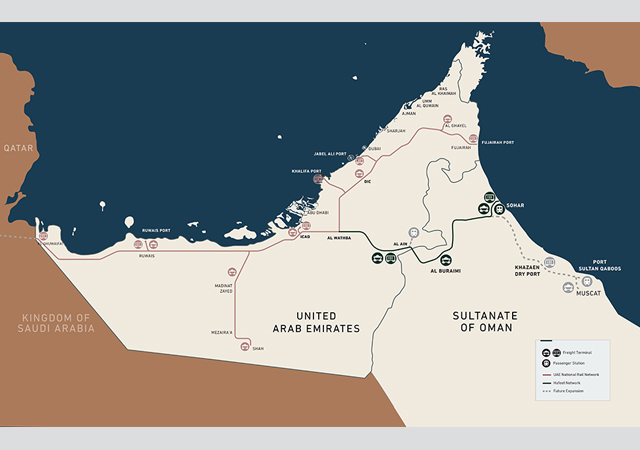
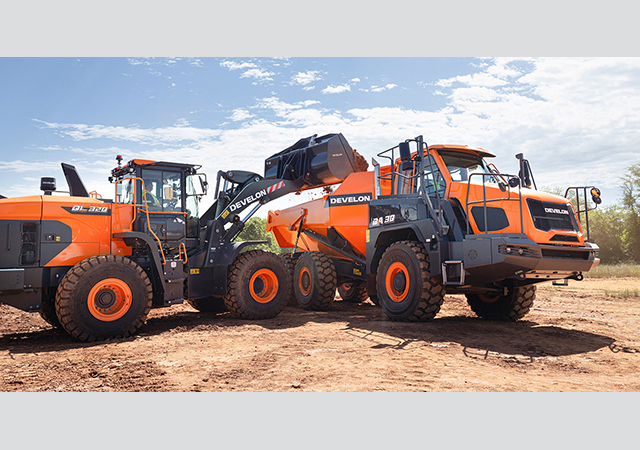
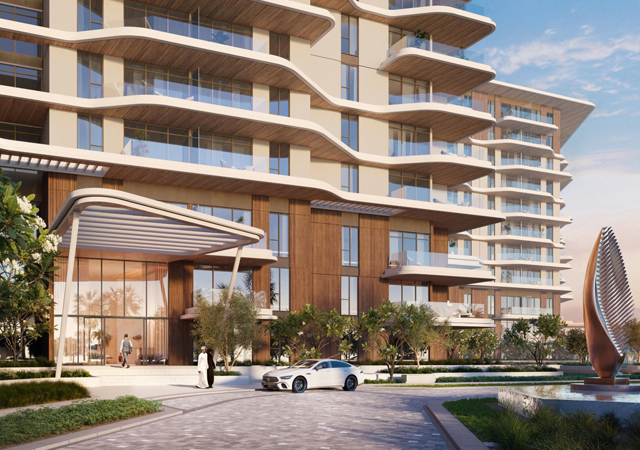

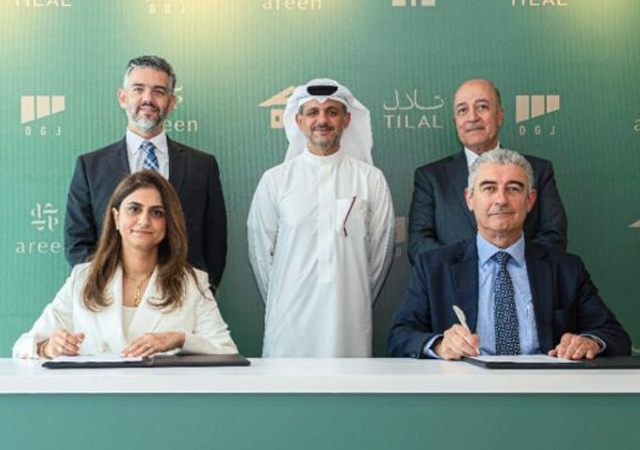
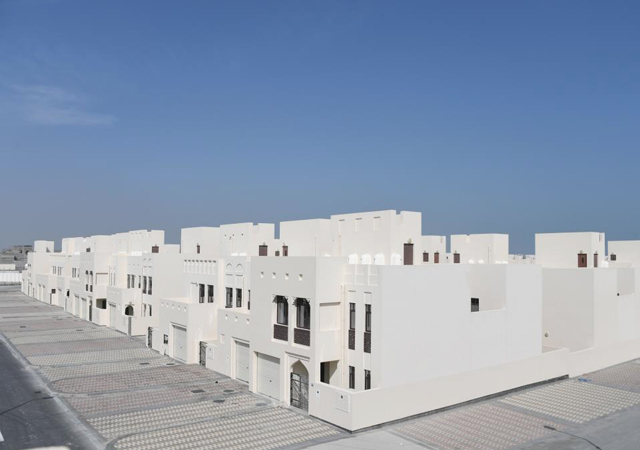
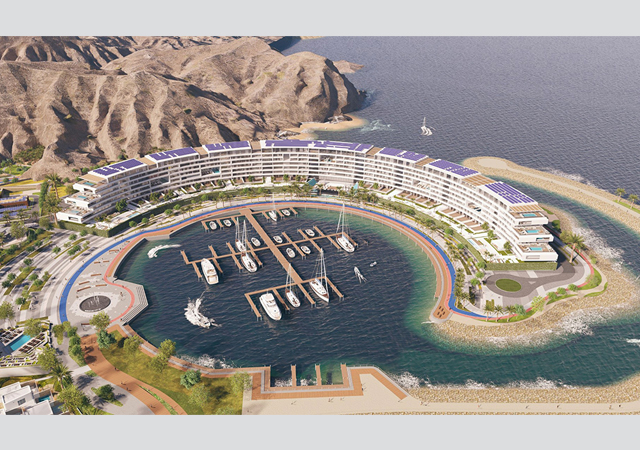
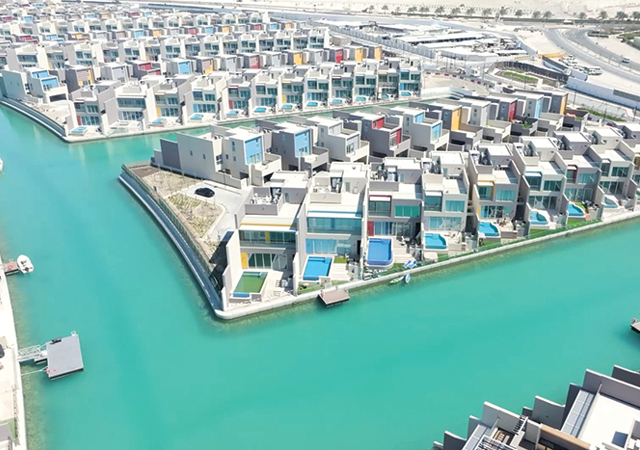
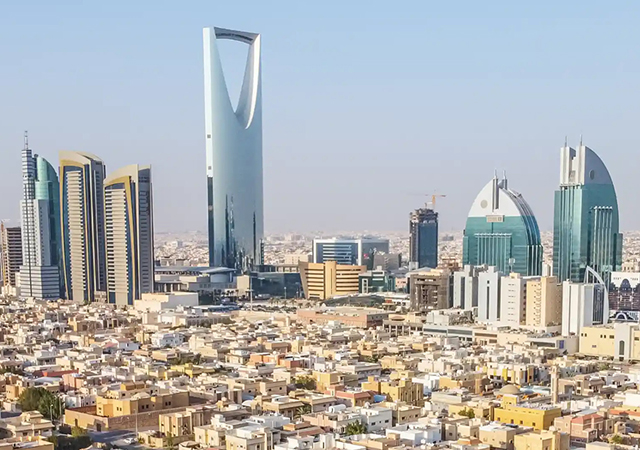

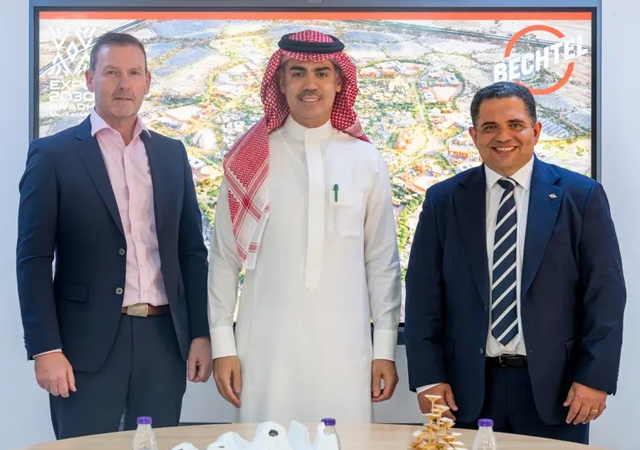
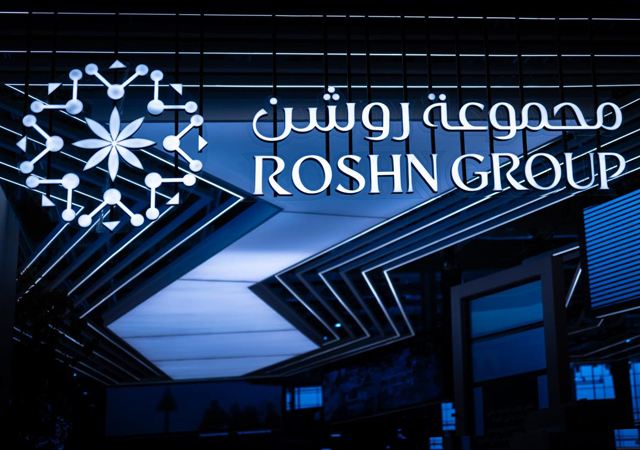
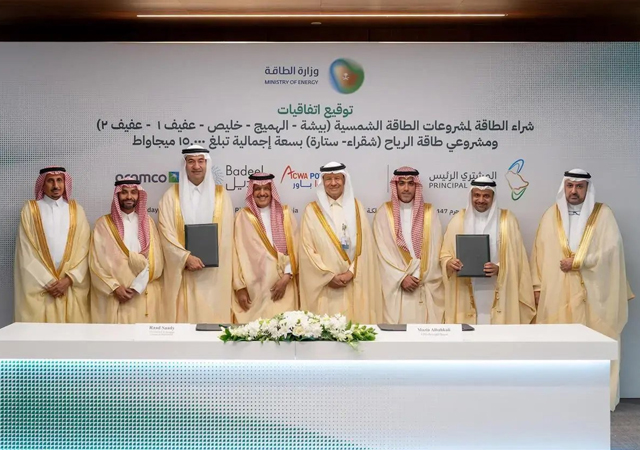
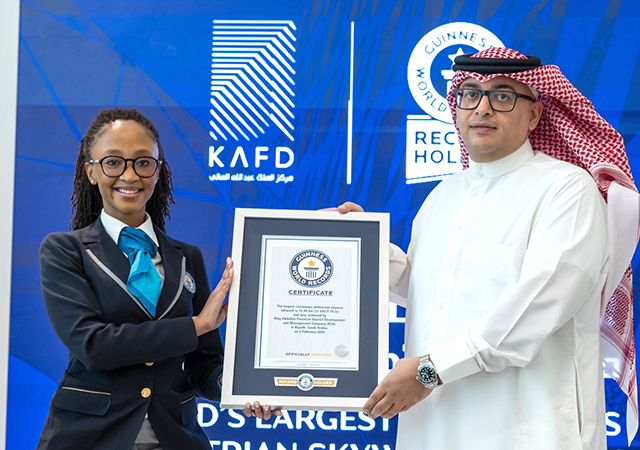
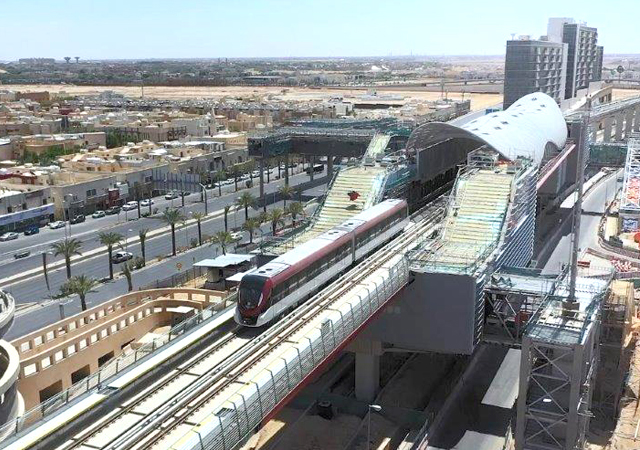
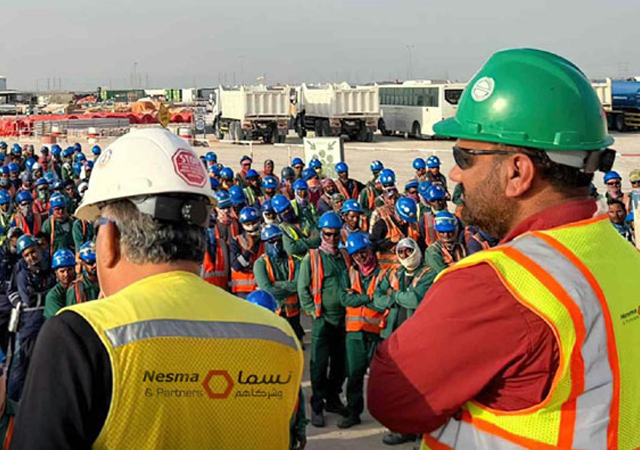
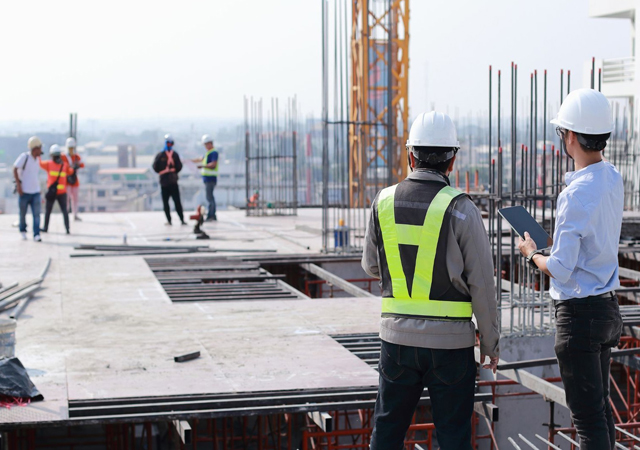
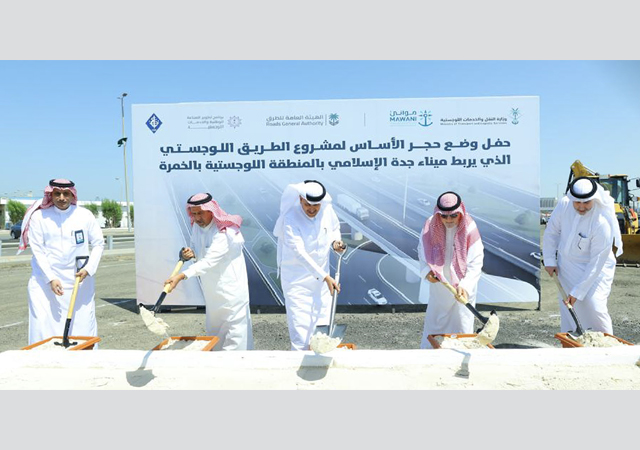
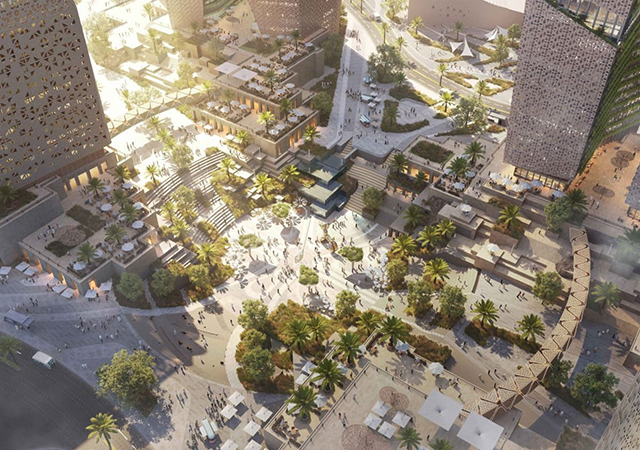

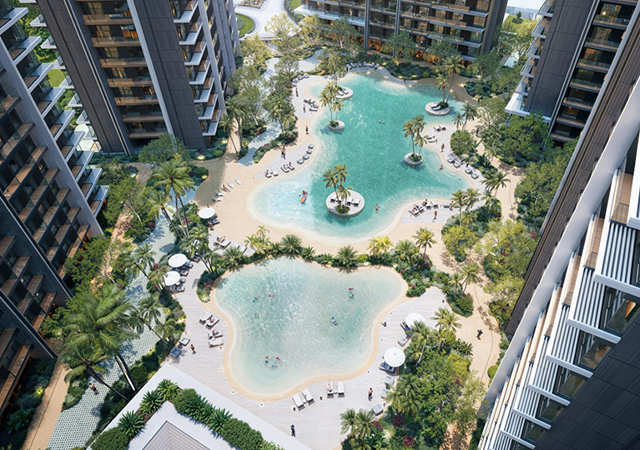
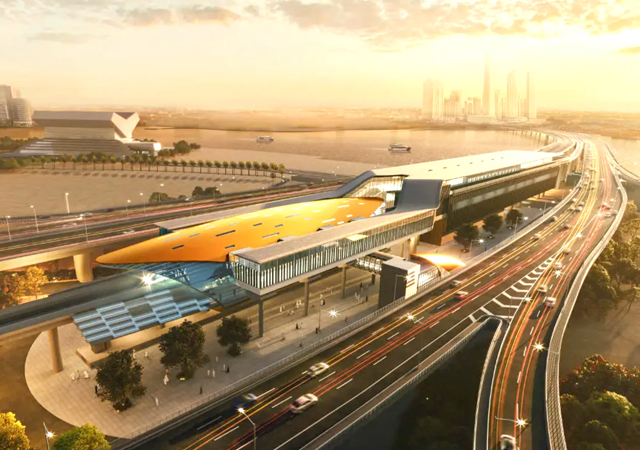
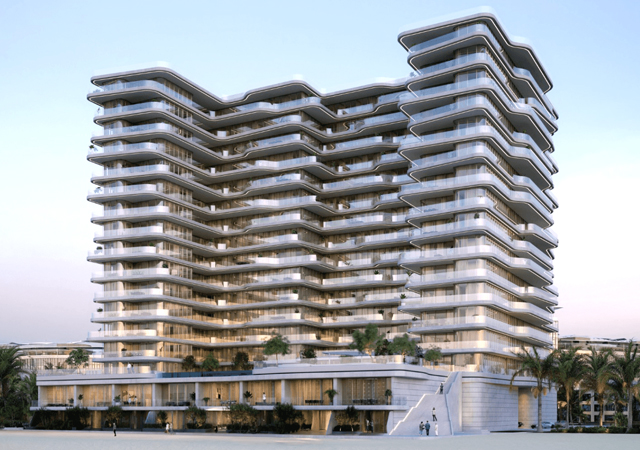
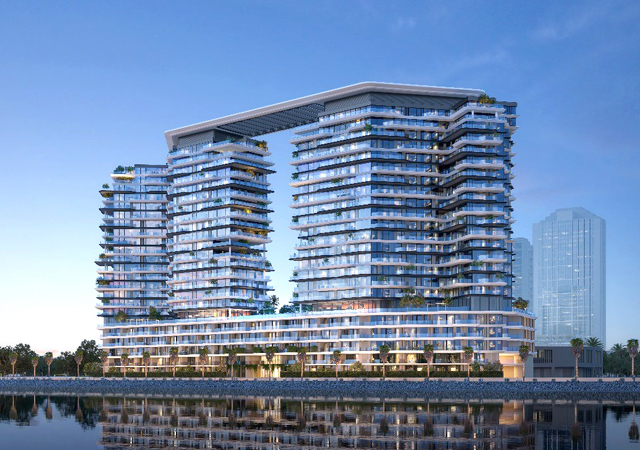
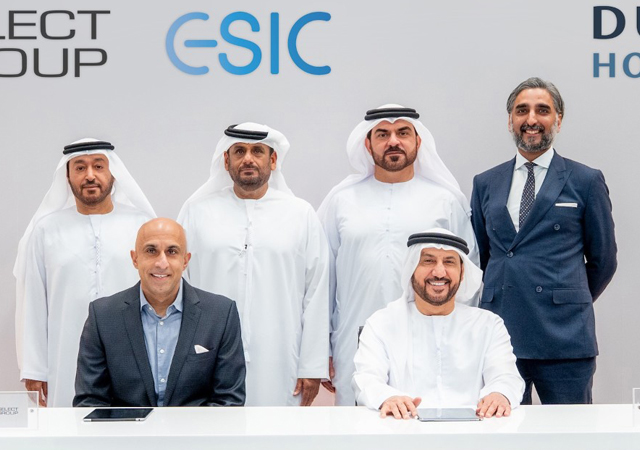

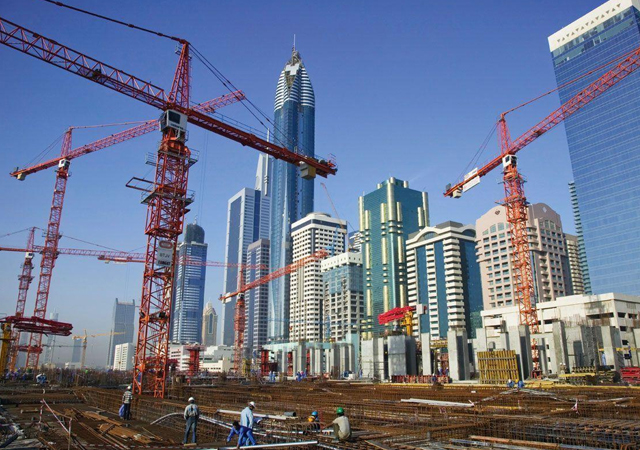
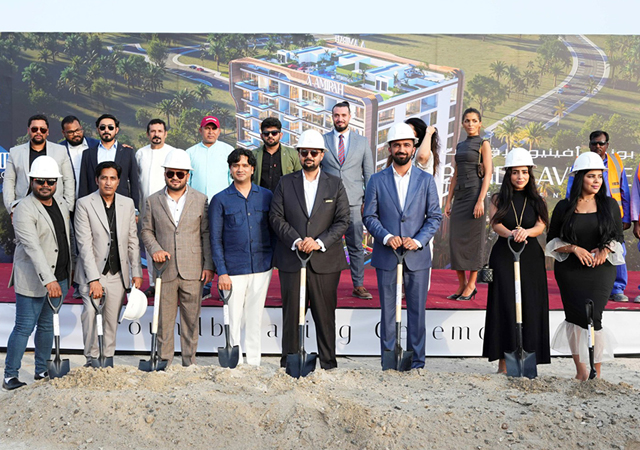
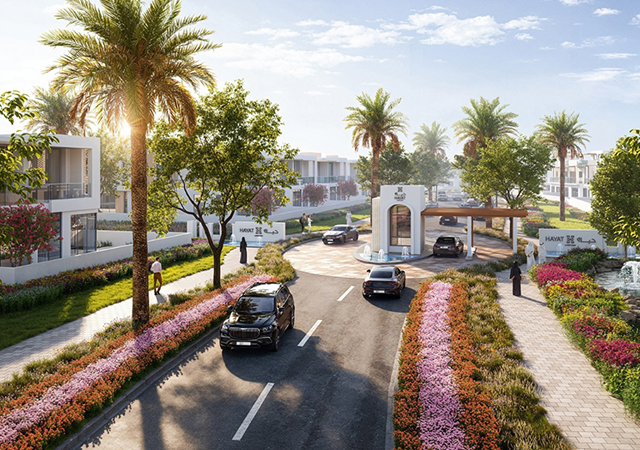
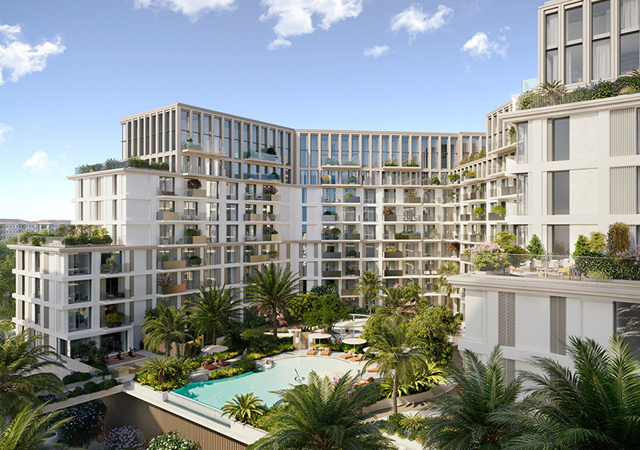
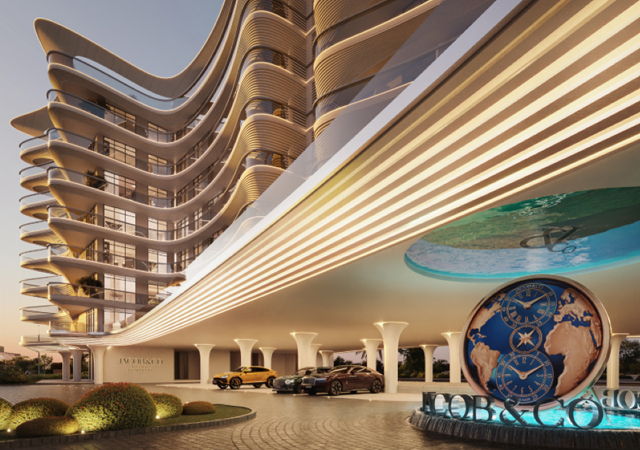
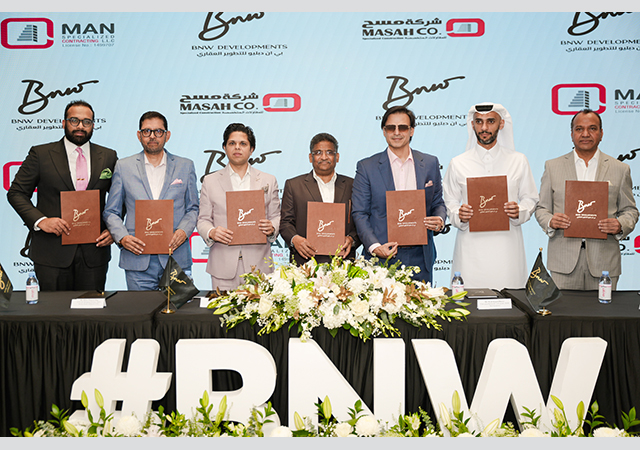
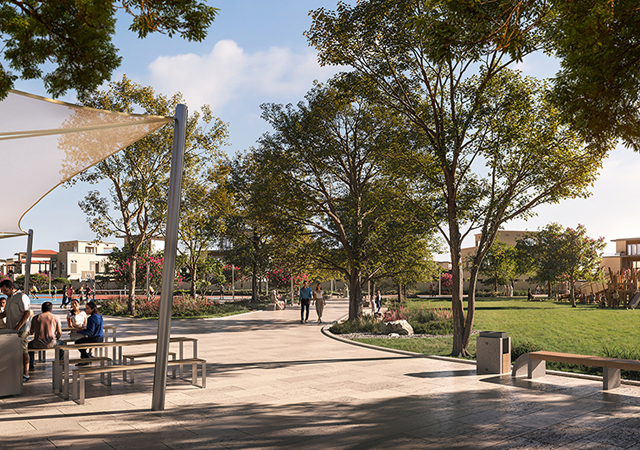
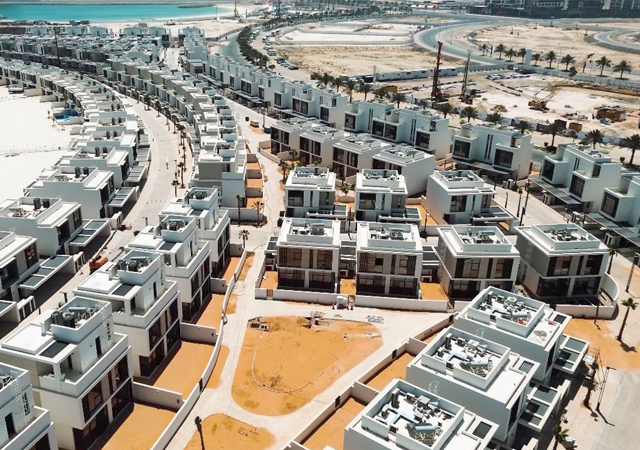
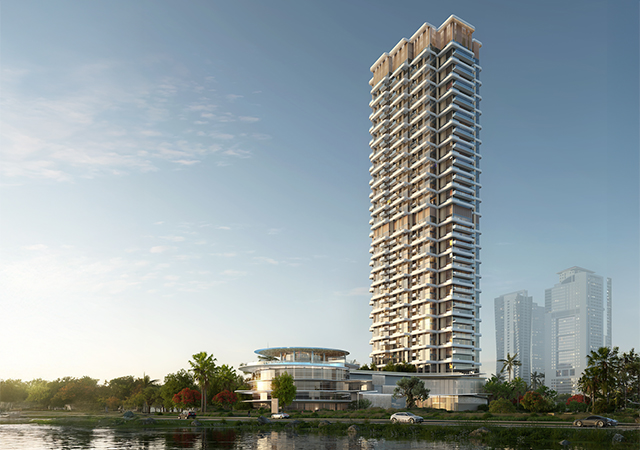
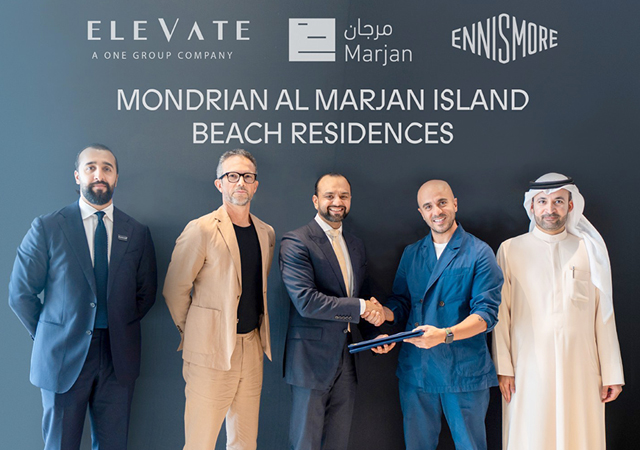
.jpg)
.jpg)
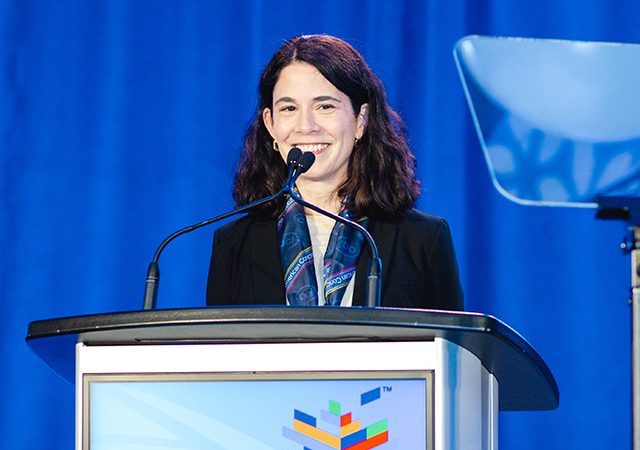
.jpg)
